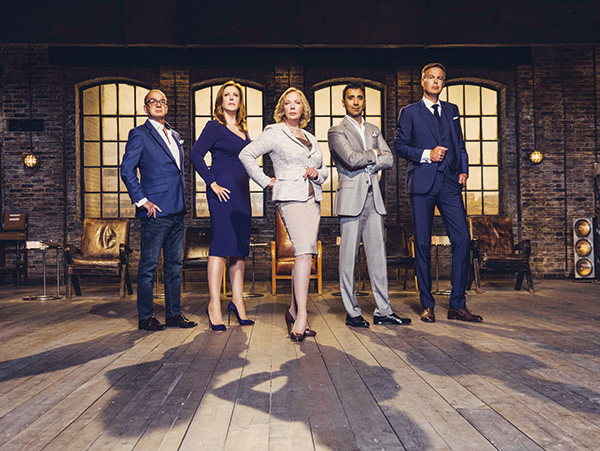
The BBC’s Dragons’ Den is now in its 16th season with the highs and lows of building a business remaining compelling viewing. It entertains and can be excruciating in equal measure, particularly when the Dragons roll their eyes following a wildly optimistic valuation of the hopeful’s business. So why is it so difficult to value a business? Here are some of the more common mistakes.
Mistake 1: unrealistic revenue and profit projections
There are many ways to value a business, most of which are broadly based on multiples of revenue and/or profits. With established businesses that have a trading record, determining this is a relatively straightforward exercise with years of historic data to draw upon. That is not the case with start-ups or fast-growing businesses where the past is not representative of the future.
Ambitious start-ups and fast-growing businesses will often forecast rapid growth - the ‘hockey stick’ projection - but there are very obvious risks that those predictions will not be achieved. Given that the business may be pre-revenue, projections need to be credible rather than overly aspirational.
In these circumstances, a valuation is likely to be based on cash flow projections, discounted for the risks associated with the industry sector, the size of the potential market, the company’s own management team and their track record, and its strategy to achieve that growth.
Mistake 2: underestimating the needs of working capital
Growing businesses need working capital, and the more they grow the more capital is needed. Underestimating the need for future working capital can result in over-inflated free cash flows and can jeopardise the sustainability of the start-up.
A clear business plan will outline future cash flow projections including fixed, stepped and variable costs and, of course, future tax liabilities. It will also set out fixed asset purchases and working capital requirements including cash, debtor and stock levels. Higher levels of working capital will impact valuations, driving cash inflows down, but more importantly they can stunt growth and impact the chance of success for a start-up company.
Mistake 3: comparing your own business to others
While finding a comparable business can be fundamental evidence of value, this is the classic mistake many business owners make, comparing their own business to that of an immediate or apparently similar competitor. It is a valuation based on assumptions that does not necessarily take into account differences in patents, property and other assets, overheads and circumstances.
It is also worth keeping in mind that an established business with a similar turnover and profit to a younger business still in its rapid growth phase is likely to have a lower value. The comparison approach is only as good as the comparators used for the valuation.
Mistake 4: defining what exactly is for sale
Failing to define exactly what is for sale can also cause problems. It is not, for example, that uncommon for a business owner to decide to sell a business but keep hold of patents and other intellectual property to then discover the value of the business is less than expected.
Alternatively, the valuation may be required of company shares rather than just the underlying trade of the business, in which case it is necessary to consider any debt owed by, or any surplus property held in the company.
Consider and define first what it is you are actually looking to sell and what will be held back before valuing a business.
Mistake 5: the reason for a sale
Whilst this is perhaps less of a mistake made in valuing a business, the reason for and the timing of a sale may impact price.
Selling a business when the economy is depressed or when funding is scarce will inevitably depress valuations. So too may prices fall if it is a forced sale – for example if a husband and wife in a family run business are separating. Conversely, in some circumstances, significant premiums may be achieved depending on the acquiror’s need.
There are many different ways to value a business and many mistakes that can be easily made. Choosing the right accountant or adviser to assist is critical in achieving the best and a fair valuation. They will typically value a business via two or three different models to arrive at an accurate valuation, together with drawing upon their experience of similar businesses in the same sector and geography.
Tom Wacher is a Partner in the Forensic Accounting and Business Valuation team at Kreston Reeves, accountants and business advisers. He can be reached by email: tom.wacher@krestonreeves.com
Visit www.krestonreeves.com





